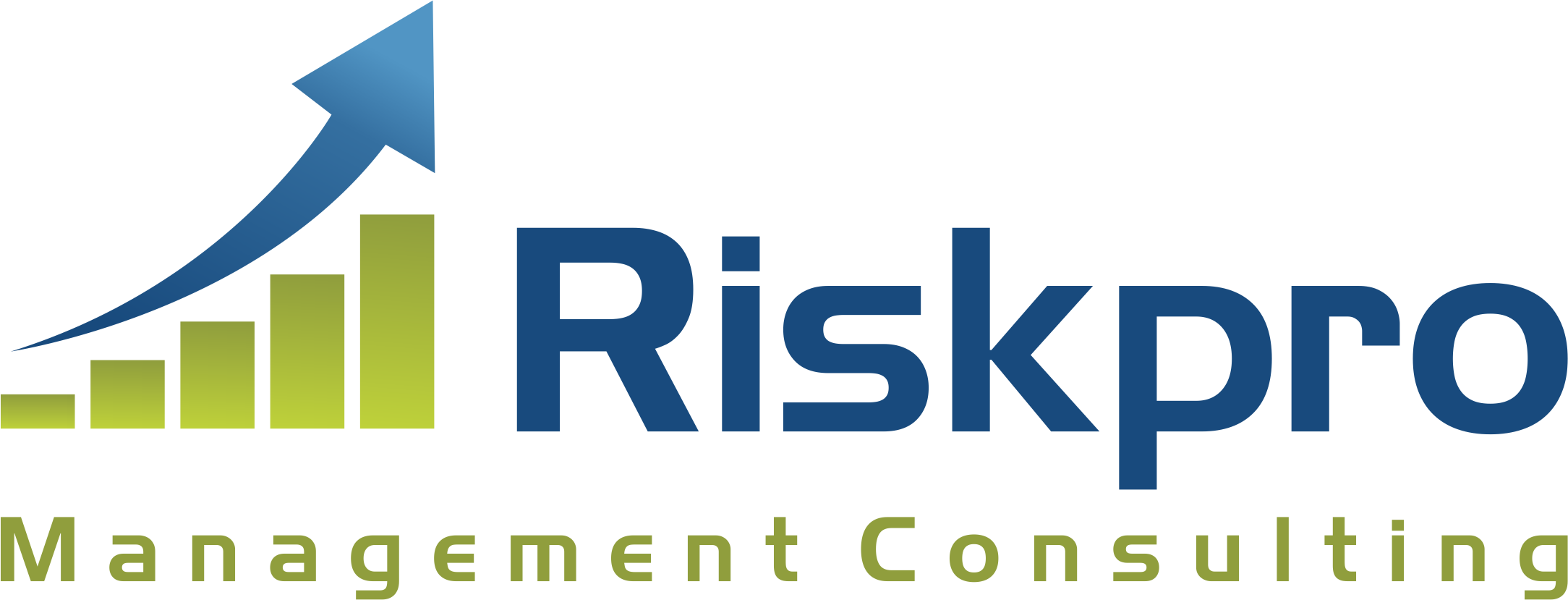Russian oligarchs in Panama Papers involvement of raised concerns about the extent of their influence over the country’s economy and political landscape. Their ability to exploit offshore loopholes and maintain substantial offshore assets added to the perception of an unequal distribution of wealth and power in Russian society.
The Panama Papers scandal was a massive leak of 11.5 million confidential documents from the Panamanian law firm Mossack Fonseca in 2016. The documents revealed the offshore financial activities of individuals and companies, including those with links to the Russian government, that had created secret shell companies in tax havens to hide their wealth and avoid taxes.
The leak implicated several high-profile figures, including friends and associates of Russian President Vladimir Putin.
The Panama Papers leak in 2016 revealed offshore companies and financial activities involving individuals from various countries, including Russia. While the leaked documents implicated several individuals connected to the Russian government, it is important to note that the mere inclusion of an individual or company in the Panama Papers does not necessarily indicate illegal or improper activity.
Who are the 3 Russian Oligarchs in Panama Paper Scandal?
According to the documents, a significant number of Russian oligarchs in the Panama Paper Scandal had ties to offshore companies established by Mossack Fonseca. Following are the 3 Russian Oligarchs in Panama Paper:
Sergei Roldugin
These individuals included Sergei Roldugin, a cellist and close friend of Putin. He was listed as the owner of several offshore companies worth hundreds of millions of dollars. In the year 2023, four bankers who allowed a friend of Vladimir Putin to deposit huge sums in Swiss banks have been found guilty of lacking due diligence.
The former executives at the Zurich branch of Russia’s Gazprombank were given hefty fines for helping musician Sergei Roldugin, nicknamed “Putin’s wallet”
The documents also revealed the offshore accounts and assets of several other Russian officials and businessmen, including members of the inner circle of Putin, who were accused of using offshore companies to hide their assets and evade taxes.
Sibur Holding
According to the Panama Papers, individuals associated with Sibur Holding were linked to offshore companies. These offshore entities were allegedly used for various purposes, such as asset ownership, financial transactions, and potentially for tax planning.
Sibur’s owners include Putin’s son-in-law, Kirill Shamalov, and Gennady Timchenko, a Putin associate who is now subject to U.S. Treasury sanctions.
The involvement of Sibur Holding in the Panama Papers scandal raised concerns about transparency and accountability in the company’s operations. The leaked documents brought attention to the use of offshore structures by influential individuals and their potential implications for tax evasion, money laundering, and illicit financial activities
Gunvor Group
The leaked documents also raised questions about the ownership structure of the Gunvor Group, a major global energy trading company. The papers showed that Gunvor founder Gennady Timchenko had interests in offshore companies, although Timchenko has stated that he sold his stake in Gunvor before the Panama Papers leak.
It’s important to note that being named in the Russian Oligarchs in Panama Papers does not necessarily imply wrongdoing, as offshore companies can be used for legitimate purposes such as asset protection or tax planning. However, the leak shed light on the complex financial structures and potential risks associated with offshore entities.
Conclusion of Russian Oligarchs in Panama Papers
The Russian Oligarchs in Panama Papers had far-reaching implications for the Russian government and its political elite. It sparked protests and demands for greater transparency and accountability in the country’s financial system. The scandal also drew renewed attention to Russia’s involvement in international money laundering and tax evasion, prompting calls for increased international cooperation to combat these activities.
